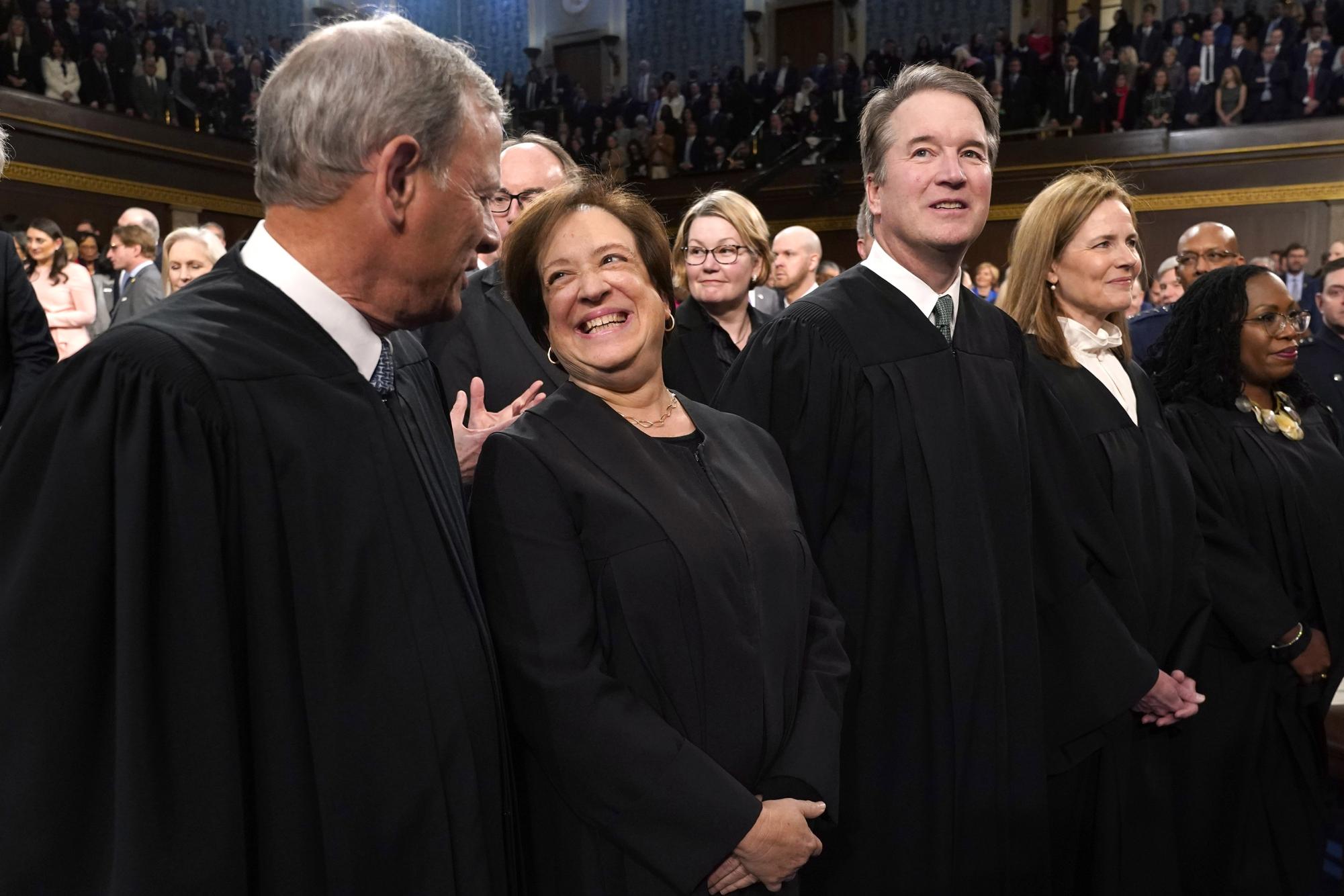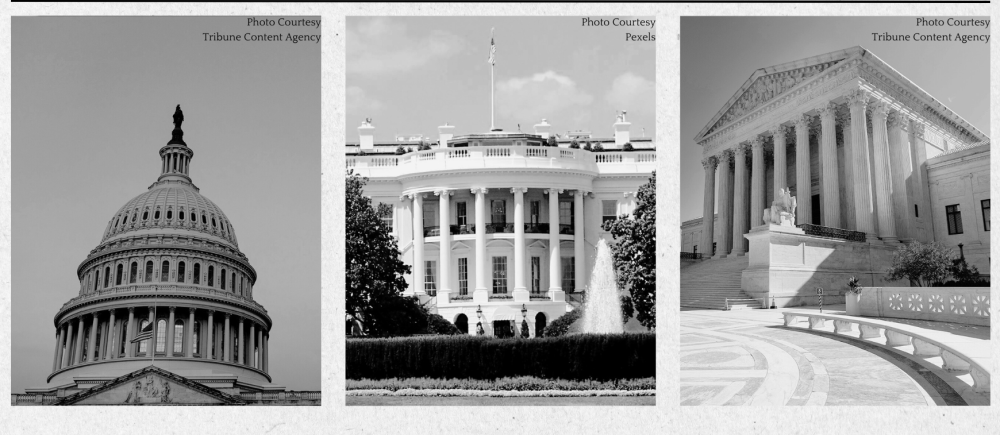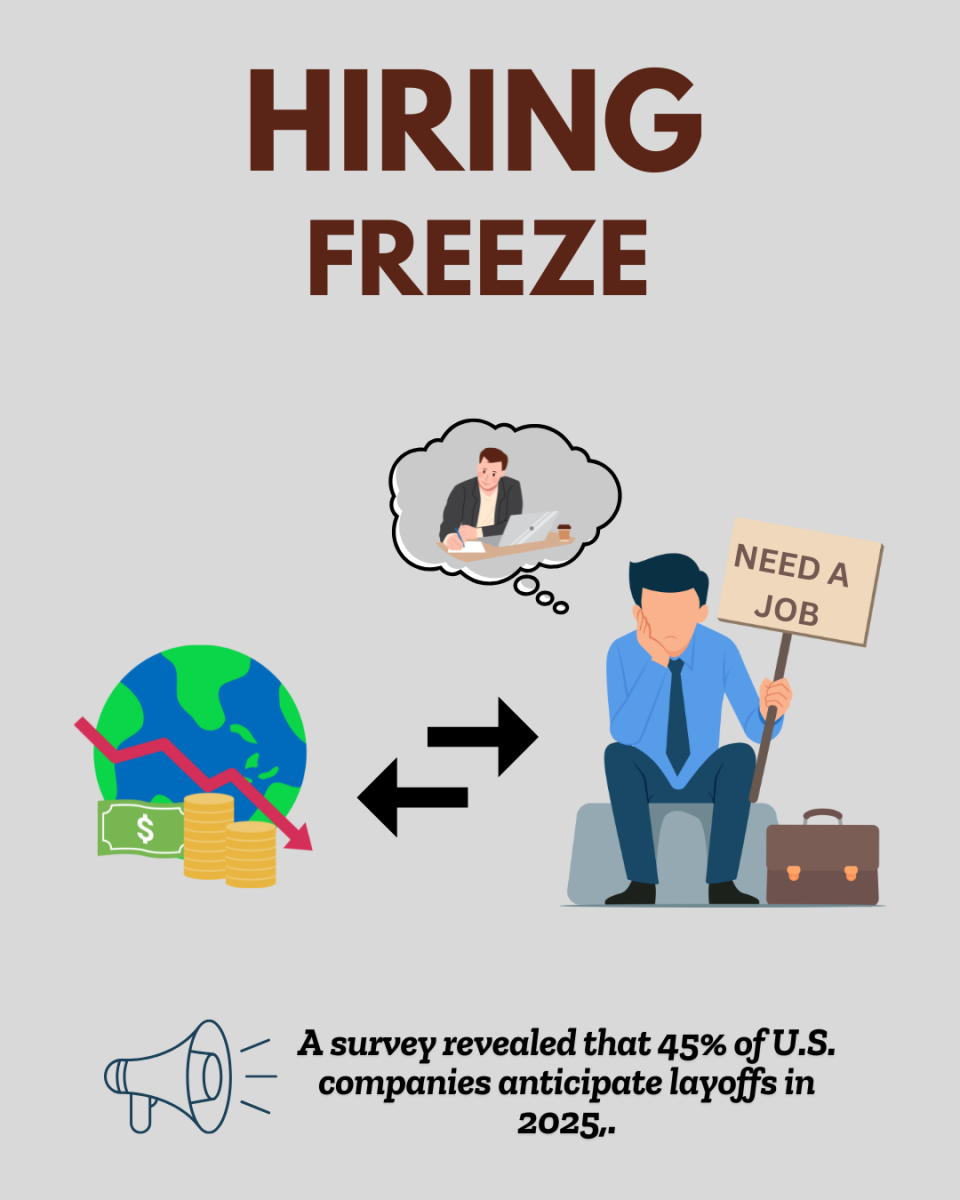National news you might have missed

As one of the final acts of his presidency, President Joe Biden threw his support behind the Keeping Families Together Program. Biden’s plan would allow noncitizens residing in the U.S. for at least a decade and legally married to a United States citizen to be eligible to apply for permanent lawful residence. The law would protect tens of thousands of immigrants from deportation.
“America is not a country that tears families apart,” Biden said. “These families should not be needlessly separated. They should be able to stay together, and my administration will not stop fighting for them.”
In response to Biden’s executive action, 16 Republican-led states filed lawsuits against the Biden administration. In a statement to AP News, Texas Attorney General Ken Paxton claims the plan “violates the Constitution and actively worsens the illegal immigration disaster that is hurting Texas and our country.”
This week, the Fifth Circuit Court placed a stay on all lower court proceedings involving the program. No cases for the Keep Families Together Program can be approved at this time.

U.S. citizens may face a government shutdown mere weeks before the upcoming election. Congress must pass legislation before government funding runs out to prevent the shutdown. Currently, the newest stopgap funding bill is splitting Congress down party lines.
Former President Donald Trump urged House Republicans not to vote for the spending bill unless it includes the SAVE Act, which would require people to show proof of citizenship when registering to vote. Speaker Mike Johnson attempted to place the SAVE Act in the bill but received pushback from Democrats.
“If Republicans in the House and Senate don’t get absolute assurances on Election Security, THEY SHOULD, IN NO WAY, SHAPE, OR FORM, GO FORWARD WITH A CONTINUING RESOLUTION ON THE BUDGET,” Trump wrote on X, formerly known as Twitter.
Democratic Sen. Chuck Schumer commented on the Senate floor that House Republicans are “struggling with a bad case of Groundhog Day” by attempting to add controversial legislation to the stopgap bill.
“Republicans should work with Democrats on a bipartisan package that has input from both sides,” Schumer said.

The Supreme Court overturned the Chevron v. Natural Resources Defense Council Court decision, a case that stood as a precedent for 40 years. The case states that if federal legislation is too vague or ambiguous, the courts must defer to the regulatory agencies on the interpretation of those laws, as long as their interpretations are reasonable. After the Loper Bright Enterprises v. Raimondo decision, federal judges can make final decisions on such cases rather than deferring to the judgment of the departments.
“The Court places a tombstone on Chevron no one can miss. In doing so, the Court returns judges to interpretative rules that have guided federal courts since the Nation’s founding,” Justice Neil Gorsuch said.
Opponents of the decision argued that the new decision reduces the influence of regulatory agencies familiar with the scientific or economic field.
“Federal judges will now have the first and final word about what statutes mean, ″ Temple University law professor Craig Green said. “That’s a big shift in power.”
The new precedent opens avenues for legal challenges against various environmental and economic regulations. Federal judges will oversee these cases.





